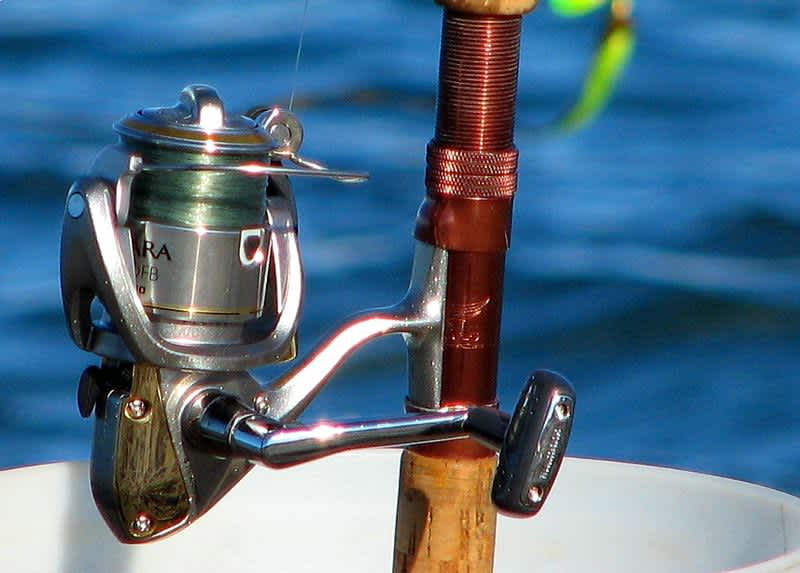Texas Angler Succumbs to Flesh-eating Bacteria
OutdoorHub Reporters 03.04.14

Flesh-eating bacteria is far from a common hazard for freshwater anglers, but a 74-year-old retired firefighter in Chester, Texas died last week as a result of a fishing-related infection. According to KHOU, Travis Lee Moore went fishing two weeks ago with four of his brothers in Lake Conroe when he suffered a minor injury to his hand. His brother, Robert Moore, said it appeared to be just a scratch and they thought nothing of it at the time.
“It was a scrape on the top of his hand, on his finger,” Robert Moore said.
The cut quickly became infected and landed the angler in the hospital. Moore died last Friday in Houston’s Memorial Hermann Hospital and doctors later confirmed that flesh-eating bacteria was the cause. Specialists said they are unsure what caused the infection and Lake Conroe does not have a history of necrotizing fasciitis—the bacterial infection that killed Moore. The Daily Mail reported that some local anglers intend on taking more precautions in the future.
“Anytime you’re with rusty hooks, water, fish, anything can happen,” said fishing guide Lonnie Gaspard.
According to Dr. Pascal James Imperato, dean of the School of Public Health at the State University of New York, flesh-eating bacteria can be rare and relatively unpredictable.
“Only about 10,000 to 12,000 cases are reported a year in the U.S.,” Imperato said, adding that only a small fraction of these cases end in death.
People with weakened immune systems can be more susceptible to the disease, but the young and healthy are also at risk. Thankfully, many reported cases of flesh-eating bacteria saw the infection terminated by the victim’s own immune system. In worse cases, removal of tissue is the best treatment for the disease.
The “flesh-eating” tendency of necrotizing fasciitis is actually a bit of a misnomer. The bacteria do not “consume” flesh, but rather destroy tissue around the infection site by releasing powerful toxins. The forms of bacteria that causes necrotizing fasciitis tend to be more common in warm seawater, and although the odds of contracting the disease is rare, Texas officials say that all cuts should be properly treated and that people with open wounds should avoid open water.

